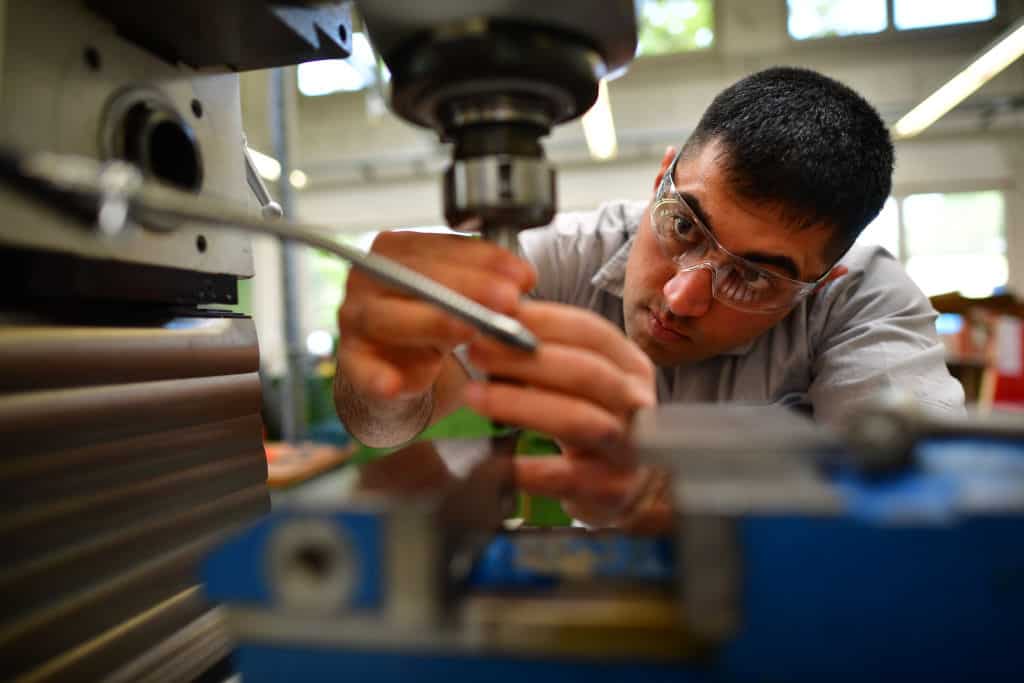Small Manufacturers: Congress Must Restore Full Expensing

As part of the NAM’s “Manufacturing Wins” tax campaign, small and medium-sized manufacturers are urging Congress to make full expensing of capital equipment purchases permanent, warning that the phaseout of this pro-growth tax provision is harming their ability to invest, grow and compete.
What’s happening: Tax reform allowed manufacturers to immediately expense 100% of the cost of capital equipment purchases. But this provision started to be phased out in 2023, dropping by 20%. It will drop by a further 20% every year until 2027, when it will expire completely.
- Seventy-eight percent of manufacturers said that the expiration of full expensing and other pro-growth tax provisions has decreased their ability to expand U.S. manufacturing activity, according to an NAM Manufacturers’ Outlook Survey from last year.
What’s at stake for manufacturers: Capital-intensive industries like manufacturing are the primary beneficiaries of full expensing.
- Lori Miles-Olund, president of Miles Fiberglass & Composites in Clackamas, Oregon, explained the benefits for her company: “We were able to purchase new equipment that not only made our production more environmentally friendly but also safer and more efficient for employees.”
- Colin Murphy, president and owner of Simmons Knife & Saw in Glendale Heights, Illinois, emphasized how critical full expensing is for global competitiveness: “To remain competitive, we need to continually innovate and consistently invest in new machinery and equipment. But with rising tax bills, it’s becoming harder to do so.”
Delayed investments: Some manufacturers are holding off on equipment purchases due to the uncertain tax landscape.
- “I know exactly where the next capital investment should be installed, but I’ve been delaying this decision,” said Courtney Silver, president and owner of Ketchie in Concord, North Carolina. “[Full expensing] dropped to 60% [in 2024], and the fact that I can’t expense the full value of this investment changes the return on investment calculation.”
- In Hodgkins, Illinois, Pioneer Service recently moved from a 24,000-square-foot building to a 62,000-square-foot building, but it can’t take advantage of all this space without full capital equipment expensing. “We had 13 more machines on order that we’ve put a hold on,” explained CEO and Co-Owner Aneesa Muthana. “Thirteen machines equivalent to about $5 million in capital, and that’s completely on hold until we know what’s going to happen next.”
Calling on Congress: If Congress does not act, accelerated depreciation will be entirely absent from the U.S. tax code for the first time in decades. “This isn’t just about numbers on my financial statements and my tax returns—this is about taking care of people here and in communities across this country working for small manufacturers,” said Silver.
- “Congress must act now to support American manufacturers,” said Murphy. “Our ability to invest in our communities, create jobs and innovate is at risk.”
